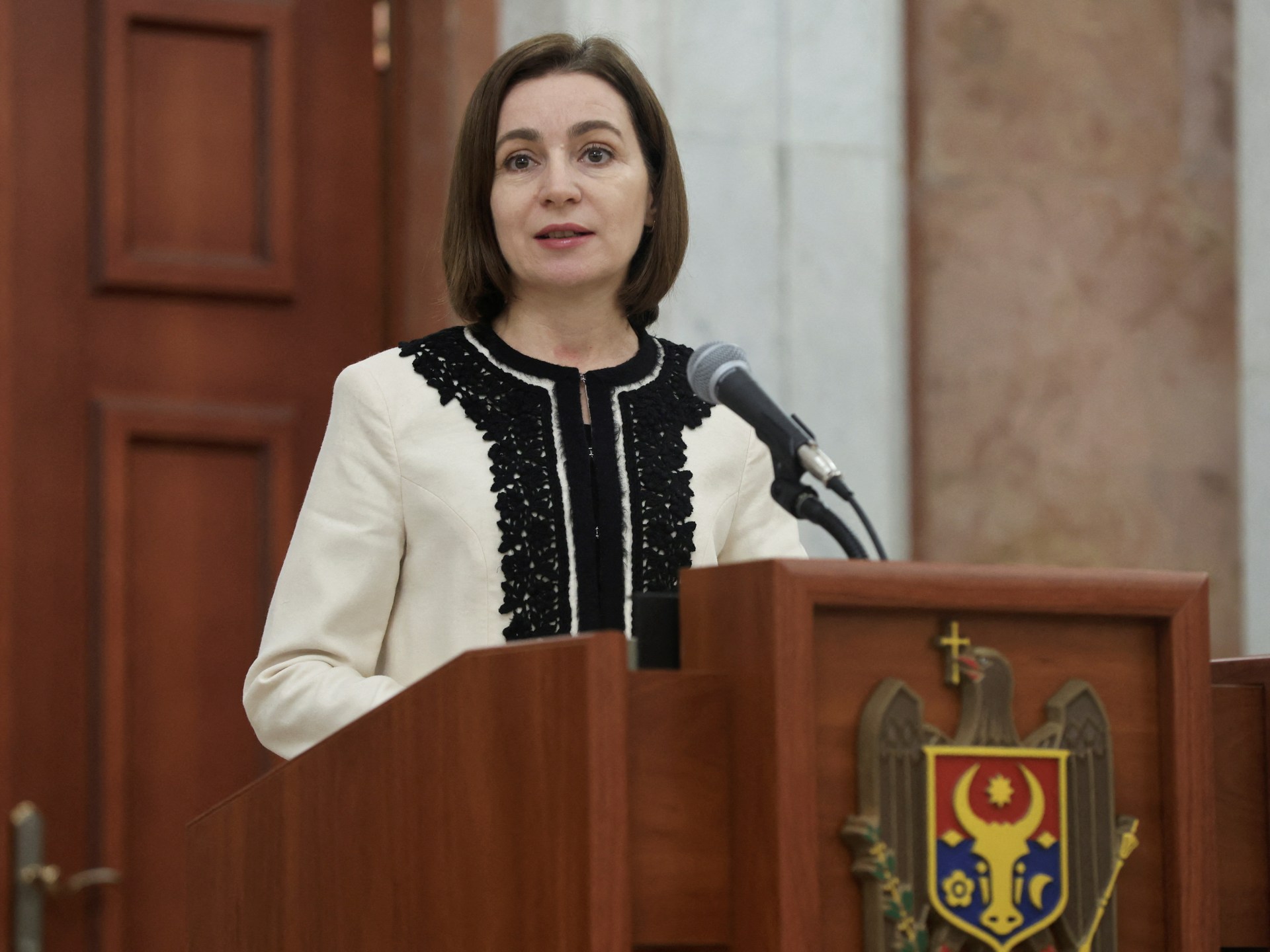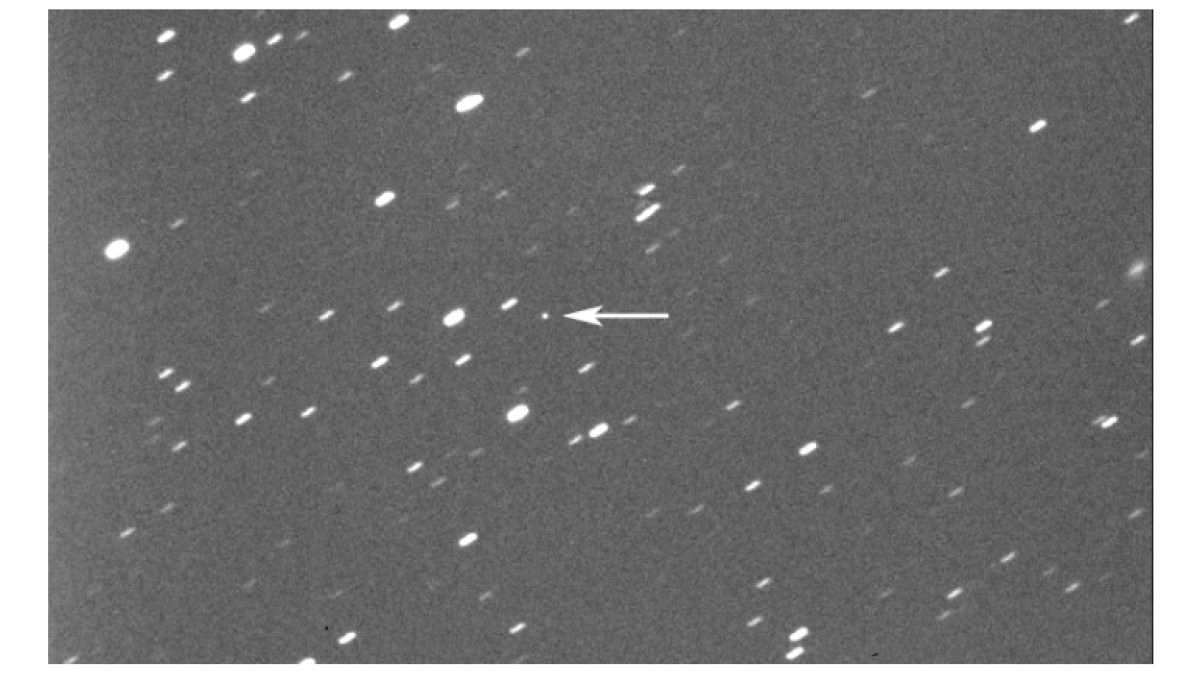Moldova expels Russian diplomat over polling stations in Transnistria
The unnamed diplomat is expelled in protest against the opening of six polling stations in the breakaway region.
Moldova has expelled a Russian diplomat over the opening of polling stations for Russia’s presidential election in Moldova’s breakaway region of Transnistria.
Relations are increasingly fraught between Russia and Moldova, whose pro-Western government has firmly opposed Russia’s war in neighbouring Ukraine.
Moldova summoned Russia’s ambassador, Oleg Vasnetsov, to protest against the Kremlin’s decision to open six polling stations in Transnistria “contrary to the position of the Moldovan authorities”, the Ministry of Foreign Affairs said on Tuesday.
It said it informed Vasnetsov that an unnamed embassy worker was a “collaborator” who was declared persona non grata and must leave the country.
Vasnetsov said Moscow would respond to Moldova, describing the embassy worker’s expulsion as an unfriendly act, Russia’s state-owned TASS news agency reported.
The Russian presidential election took place from Friday to Sunday with incumbent Vladimir Putin winning, as expected, by a landslide in a vote that was criticised as illegitimate by many in the international community.
Moldovan officials have repeatedly accused Russia of conducting a “hybrid war” against them by funding antigovernment protests, meddling in local elections, running disinformation campaigns and sabotaging Moldova’s efforts to become a member of the European Union.
Moldovan President Maia Sandu said at a news conference on Monday that Russia’s move was disrespectful of Moldova’s sovereignty.
“We don’t want a relationship with a regime that kills innocent people every day,” Sandu said about relations with Russia.
Pro-Russian forces in Transnistria declared the region an independent state after a short war in the early 1990s.
No United Nations member country recognises it, including Russia, but Moscow maintains close ties to the region, which is home to about 220,000 Russian citizens. Russia maintains about 1,500 troops in the breakaway state, who guard Soviet-era weapons and ammunition stockpiles.




